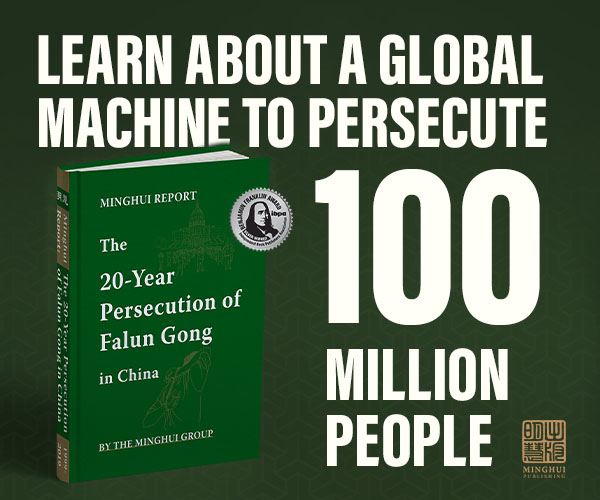(Minghui.org) Weeks ahead of the Beijing Winter Olympics in February 2022, the authorities in Zhangjiakou City, Hebei Province, one of the three zones to host the snow sports, arrested five local Falun Gong practitioners under the pretext of preventing them from speaking out about Falun Gong during the games.
The five practitioners, from Chongli District, where the ski resorts are located, were arrested on January 20 and 21, 2022. The authorities claimed that they would detain the practitioners until February 6, two days after the opening of the Winter Olympics.
In addition to Falun Gong practitioners, the local residents are also facing extreme restrictions on their daily life, as part of the authorities’ effort to ensure a successful international sports event.
Arrests of Five Falun Gong Practitioners
Under the directive of Zheng Jianguo, of the Chongli District Domestic Security Office, the police arrested Ms. Bai Mei at her daughter’s home at 9 p.m. on January 20. Her cellphone and other personal belongings were confiscated.
Around the same time, the police also broke into the home of Ms. Bai’s brother, Mr. Bai Tao, and confiscated his Falun Gong books, photo of Falun Gong’s founder, speaker and a tablet. As Mr. Bai wasn’t home when the police came, they returned the next day and arrested him.
At midnight on January 21, the police arrested three more practitioners, Ms. Kang Cuiqing, Director of Pediatrics for the Chongli District Hospital; Ms. Qin Yulan, a teacher at the Chongli Education Bureau; and Ms. Wei Jiansheng, a teacher at Chongli No. 1 Middle School.
The three practitioners were held at the local police station and then transferred to the Zhangjiakou City Lockup for 15 days.
Restriction on Local Residents
Before January 18, 2022, all locals in Zhangjiakou who traveled to Chongli District had to report the details of their trips, including the purpose of the trip, the places they were going to and the status of their “Health Code” (a digital app that tracks one’s movement and COVID-19 exposure). They could only go to Chongli after receiving a text message notifying them that their application had been approved.
After January 18, most locals have been prohibited from going to Chongli, except those who are visiting hospitals or attending school. The applications are strictly reviewed and only those with urgent matters are approved. Regular visits of families or friends aren’t allowed (despite that it was only two weeks before the Lunar New Year). One also has to report to the authorities if they are leaving Chongli.
Surveillance cameras are everywhere in Chongli, including at the entrance of every residential area, outside every apartment building and on every block. The surveillance cameras on the streets can record movements from all angles and in the dark.
For all residential complexes, the authorities left only one exit open. Some large communities are allowed to have two exits. Security personnel are stationed at the exits to monitor traffic. Everyone coming in has to go through the facial recognition system. Each household was given two key cards to enter the neighborhood, which aren’t compatible with other subdivisions.
Community workers also visited every home and recorded how many people were living there. For those homes that were temporarily vacant, the authorities put seals on the doors.
Additionally, the authorities barred locals from cooking with coal or firewood, using the excuse that it was to reduce smoke emission. Whenever a village official saw smoke from any household’s chimney, they would go to that home and seize the residents’ firewood.
Views expressed in this article represent the author's own opinions or understandings. All content published on this website are copyrighted by Minghui.org. Minghui will produce compilations of its online content regularly and on special occasions.










